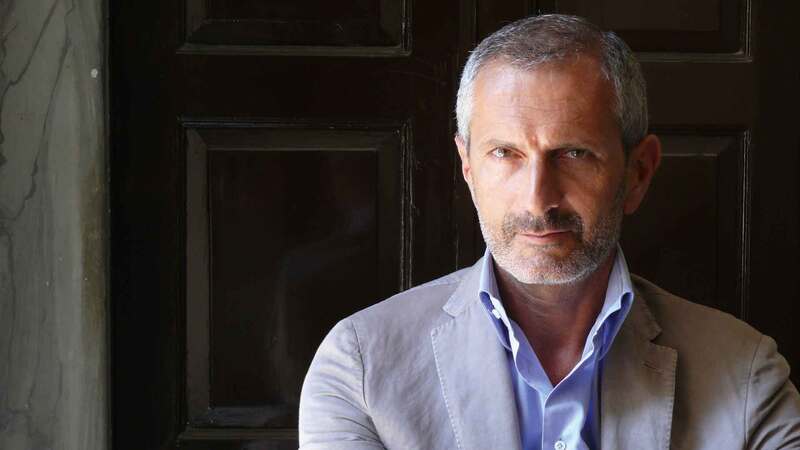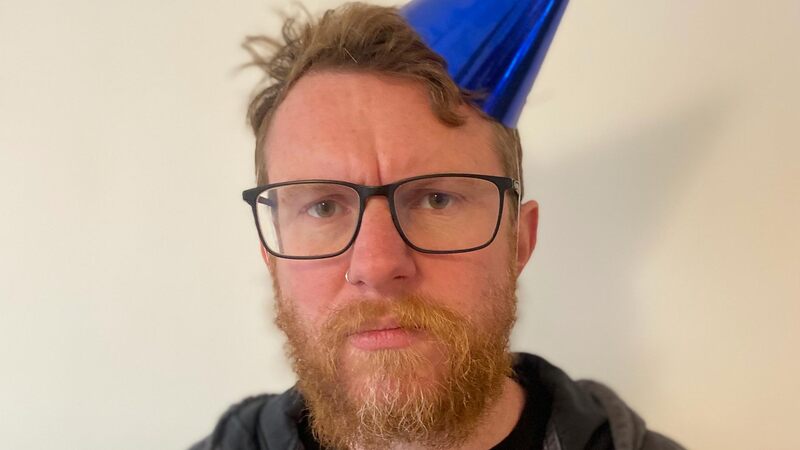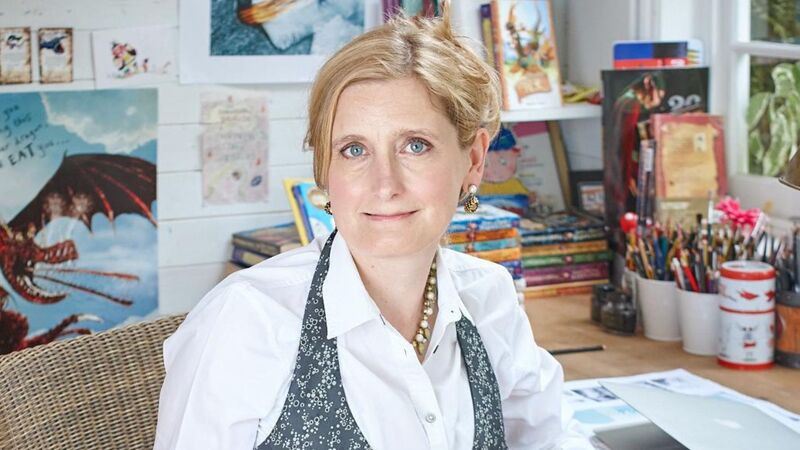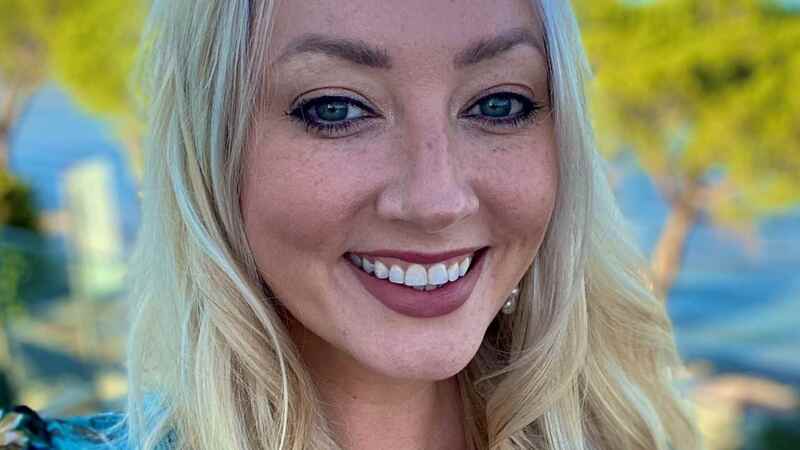You are viewing your 1 free article this month. Login to read more articles.
Jo Nesbo's Nine Lives
Norwegian author Jo Nesbo is one of the leading stars of Scandinavian crime writing, a genre whose popularity with readers shows no sign of abating. One of his novels is sold every 23 seconds in the UK, and Nesbo is on course to be the third biggest-selling fiction author of 2011, after James Patterson and David Nicholls.
Phantom is Nesbo’s seventh thriller featuring former police inspector Harry Hole to be published in the UK, and follows The Devil’s Star (2005), The Redbreast (2006), Nemesis (2008), The Redeemer (2009), The Snowman (2010) and The Leopard (2011). It is technically the ninth in the series, but the first two have never been published in the UK.
In March’s Phantom, Harry returns to Oslo after three years away. No longer part of the Oslo Police Force, he’s back for a very personal reason. He’s been tipped off about a murder case: one junkie has shot another dead in a squalid Oslo flat. The police consider the case closed as they have the suspect under arrest. But the alleged murderer is someone from Harry’s past—his son.
When we meet on a wintry afternoon in Oslo, Nesbo describes Phantom in softly accented, careful English, as both “a fight between good and evil” and “a story about the love between a father and his son”. Oleg, the young man accused of murder, is not Harry’s biological child, but the son of his former girlfriend Rakel, which gives Nesbo the opportunity to explore “the question of whether there can be a second chance for lovers and murderers”.
Readers already familiar with the Harry Hole series will see a new side to the man: “In The Leopard, we saw Harry as a son, visiting his father on his deathbed,” says Nesbo. “In Phantom, we meet Harry as a father himself. We’ve never seen him in that role before—as the father who has to save his son.”
For readers yet to meet Harry Hole, Nesbo describes his creation thus: “He’s a character that’s full of contradictions. He is both very cynical and a romantic at the same time. On the one hand he believes in the legal system, and is a defender of it. He’s a hunter: he hunts down criminals. On the other hand he’s a rebel. In many ways over the series he has become more and more similar to the people that he’s chasing. He’s drifting towards the dark side, and in many ways he’s a criminal himself.”
In order to try and extricate Oleg, Harry has to get very close indeed to the dark side in Phantom. The tightly woven plot involves drug-smuggling aircrew, Siberian gangsters with some unique and inventive methods of torture, police corruption, and a mysterious man from Dubai. Phantom is set in Oslo, but in places far from the picturesque tourist destination.
Nesbo was born in Oslo and knows the city intimately. In the Harry Hole books the Norwegian capital is a character in itself, and Nesbo takes great care to be geographically accurate—sometimes taking a camera with him to photograph familiar streets, as “what happens when you walk a street very often is that you stop looking”.
He observes that “the more local you are with your stories, the better they work universally”. He writes about the city’s underbelly: the world of drug addicts and petty criminals with authority. He spoke to the police, but also undertook some on-the-ground research, hanging around and paying attention to street life in order to find out “who is dealing which drugs where in Oslo”. That sounds rather nerve-wracking but, like his hero, Nesbo kept a cool head: “They don’t shoot customers, the police‚ or writers,” he says, with a grin.
Fans of Scandinavian crime said goodbye to Henning Mankell’s gloomy Inspector Wallander last year with the publication of The Troubled Man. After nine books, how much longer has Harry got? “I have the end in sight,” Nesbo says.
“But I’ve had the end in sight since the third novel [The Redbreast]. I know how it’s going to end. But I’m not going to say when and how. All I can promise is that he will not resurrect.”
Phantom by Jo Nesbo is out now, published by Harvill Secker.













